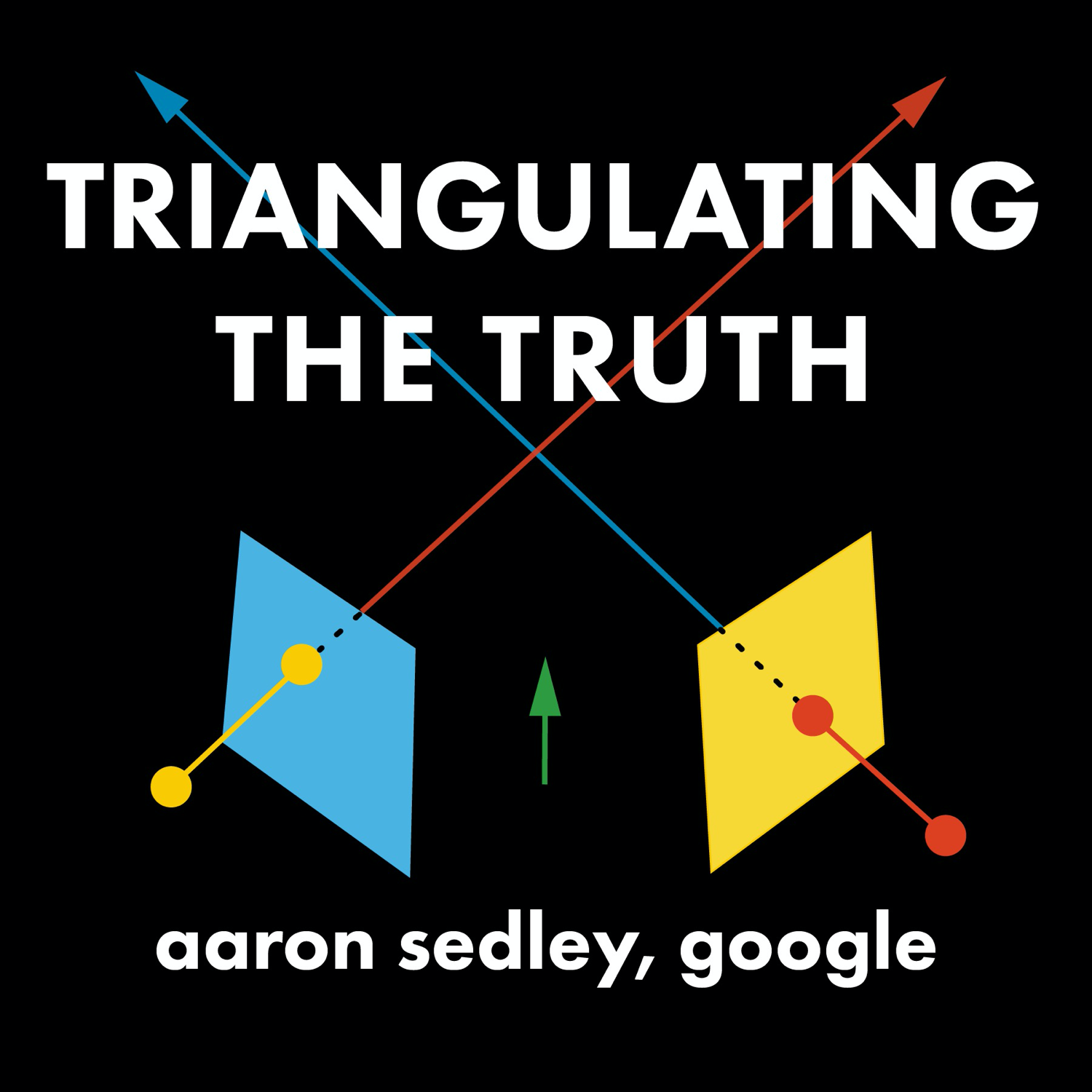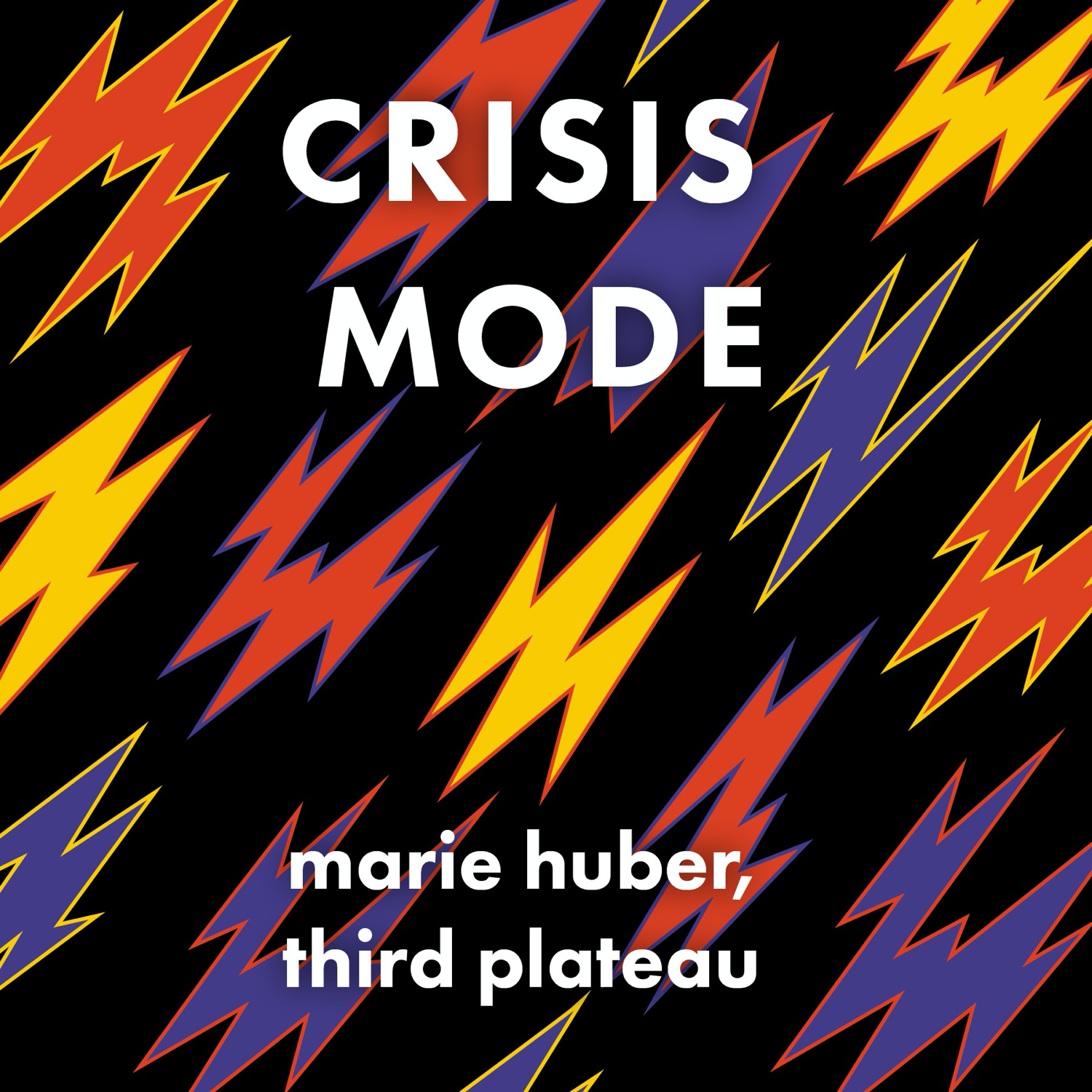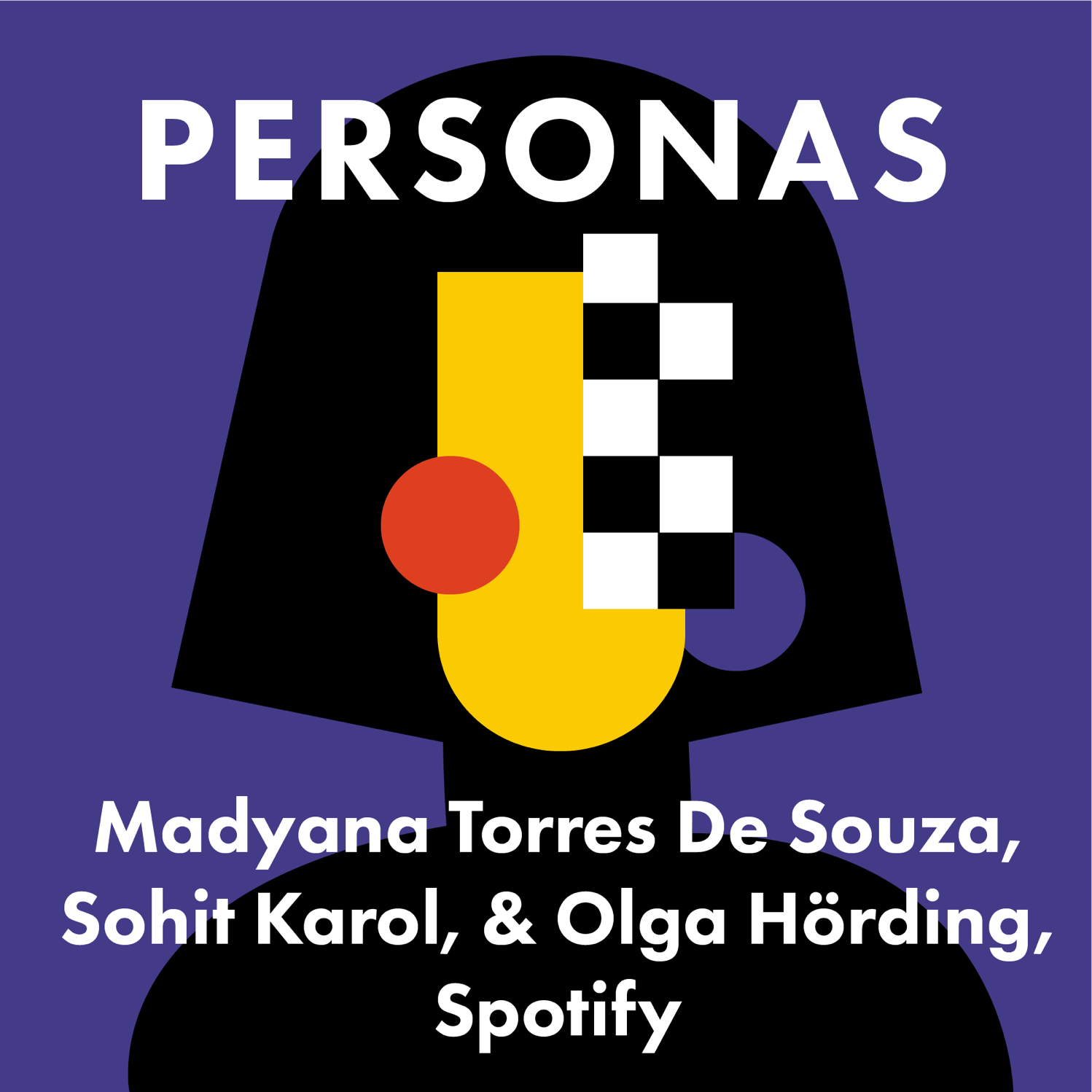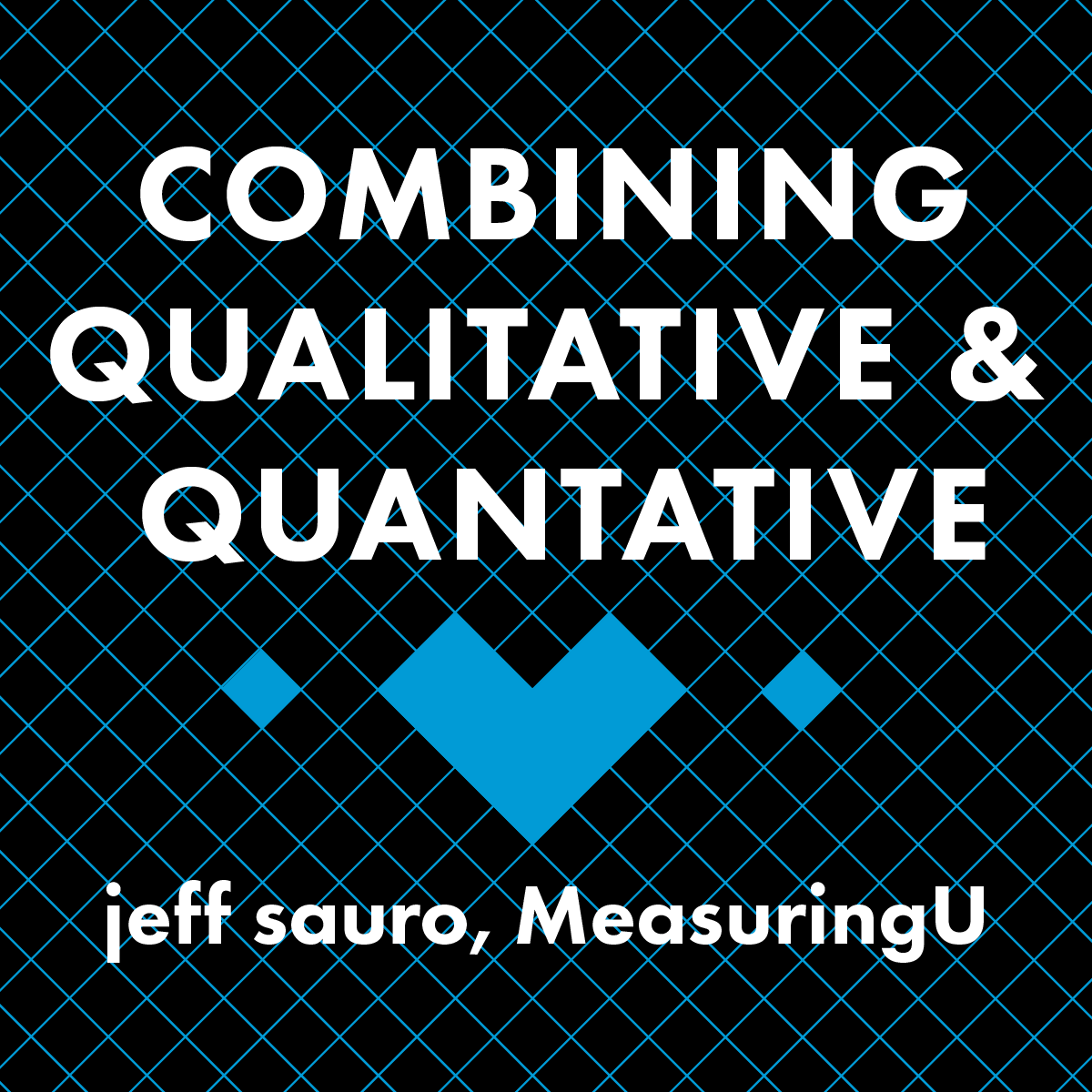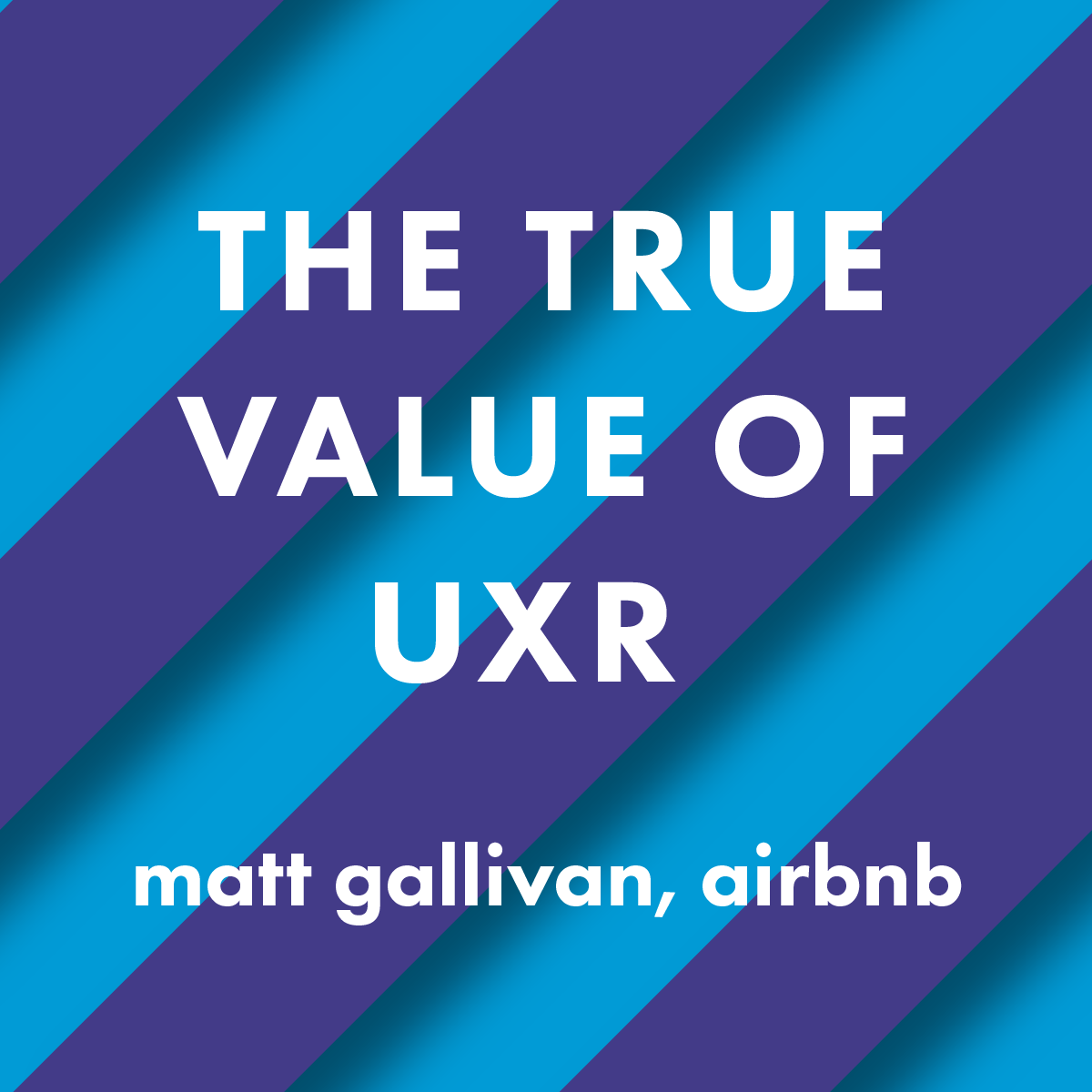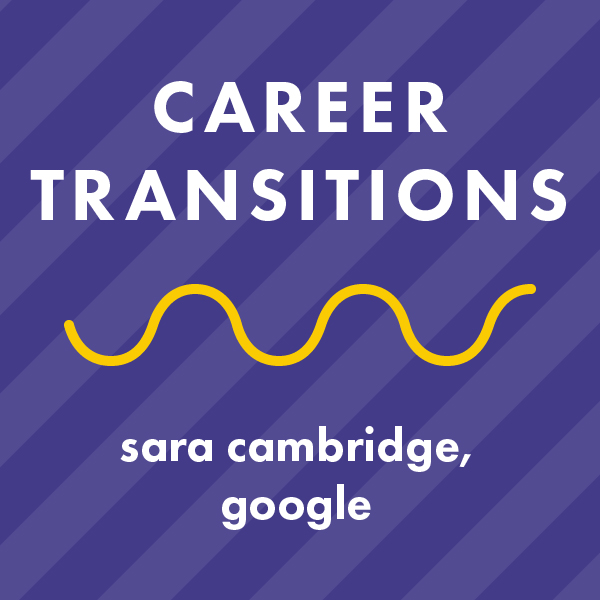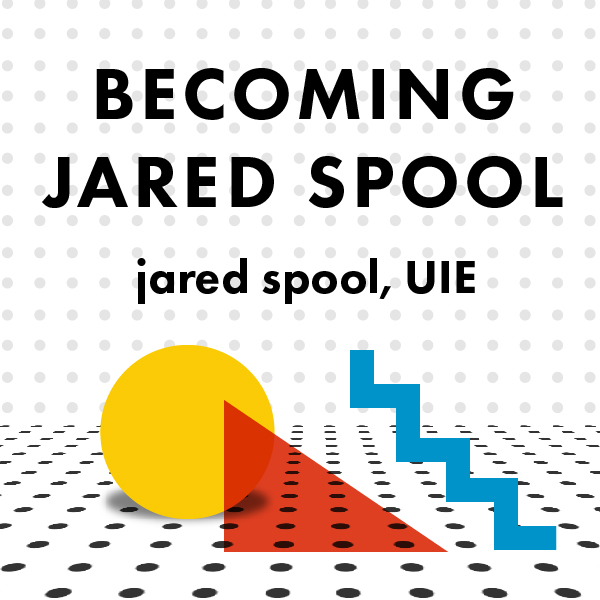Discover Mixed Methods
Mixed Methods

Mixed Methods
Author: Aryel Cianflone
Subscribed: 1,019Played: 4,490Subscribe
Share
Description
A podcast interested in the how's and why's of user experience research. Through interviews with industry experts and hands-on trial and error, we indulge and celebrate curiosity. Expect to test assumptions, examine methods, and engage in some old fashion experiments.
31 Episodes
Reverse
Aaron Sedley, a Staff UX Researcher at Google, is changing the way products are built. If anyone can, it’s him. After almost 16 years at Google, Aaron has seen how traditional product metrics fall short when it comes to triangulating the true experience people are having with products. He wanted a new set of metrics that would get at the heart of what the team was hoping to bring into the world, happiness. Check out this episode to hear how he’s pulling it off.
Like many of us, Marie Huber’s path to human-centered research has been a winding one. However, unlike most of us, her path has taken her through Afghanistan, Iraq, and numerous service organizations around the world. She is now working in San Francisco at a social impact consultancy, and recently wrote an article about how she is applying all of this experience working in crisis situations to the current coronavirus situation. In this conversation, Marie expands on what she wrote about and dives deeper into how to work at this time and how to care for our participants, co-workers, and selves.
From experimenting with truly mixed methods projects to various team structures, the team at Spotify has always had a creative approach to UX research. That was confirmed again last March by a blog post about a personas project the team had taken on with the help of some amazing vendors like Julie Francis, Fred Bove, and Laure Dousset. While many researchers are a bit skeptical of personas, the investment and impact they seem to be generating at Spotify makes a case for reconsidering. So, listen in to hear from the team behind one of the coolest personas projects out there.
When it comes to the internet, who will make up the next huge wave of people to join? At Google’s Next Billion Users project, they have a few ideas. This dedicated group of technologists is asking questions like, “what are the needs of people living in rapidly growing global communities in Mexico City or Jakarta?” And this team, largely thanks to dedicated UX researchers and their partners, is coming up with distinct new ways to serve these groups. Today we’re joined by Asif Baki who leads the Research and Insights team for Next Billion Users at Google. With over 13 years of experience working at Google, Asif is well suited for the challenge. He understands not only the on-the-ground differences that exist, but also the day to day obstacles in trying to bridge them.
Liz Jackson founded the Disabled List in 2017 in hopes of creating more space for disabled designers. She recognized that corporate conversations so often happen about them but without them. The Disabled List is working to change this by advocating for disability as a design advantage. They strategically place disabled designers into organizations to demonstrate the unique value disabled perspectives have. Through the Disabled List, I’ve had my first meaningful forays into the world of disability studies, ableism and disability advocacy. My perspective on the role of disability in design and research has changed, listen in and yours might too!
Abby Covert, also known as Abby the IA, is a pioneer in the field of Information Architecture. Abby likes to think of herself as a “Sensemaker,” a role she believes is becoming more and more necessary in our increasingly messy world. To spread this message, Abby wrote the book How to Make Sense of Any Mess, helped found World IA Day that now has events all over the globe, and shared her thoughts on the subject here with us.
Laura Weiss never expected to be a leadership coach. Growing up she knew that she was meant to be an architect and after earning an undergraduate and masters’ degree in architecture her fate seemed all but sealed. That is until she decided to change everything less than a decade later. She had realized that while she loved architecture, it wasn’t quite for her. So she decided to follow another passion and get an MBA from MIT. She went on to find a home for herself in the emerging field of design thinking, combining her love of design and business as a consultant at IDEO for almost 10 years. Today Laura is focused on helping others navigate tricky moments in their careers and grow design leaders through her work as a professor and as a coach. More and more people are turning to professional coaches as a way to grow, transition, and find fulfillment in their work, in this episode Laura shares a bit of what it means to be a coach and what you can gain from having a coach.
Today’s guest, Jane Fulton Suri, always seems to be looking at the world in a new way and helping others to as well. She is currently a Partner Emeritus at IDEO, where she has been working since the late 80s in a number of different roles, including Chief Creative Officer and Executive Design Director. Jane is an expert observer and has a way of approaching each project with a voracious curiosity that has been inspiring the research world for decades. She is unequivocally one of the founders of the field of design research, a psychologist by training, who pioneered the idea that observing behavior and bringing principles of psychology into a design context could create a more human centered world. Listen to this episode to find out more about Jane’s path and her passion for not only Human-Centered Design, but something she is now calling Life-Centered Design.
When it comes to Research Operations, Kate Towsey is an expert. In addition to her current experience leading the team at Atlassian, she has years of experience working independently for a variety of clients. In her free time, she also started the largest community for professionals in this space. As the field of UX research continues to grow at a breakneck speed, scaling effectively will be paramount. Join us to better understand how to scale your growing research team.
In this episode, we’ll hear from Tristan Harris, a world renown design ethicist first at Google and now at the Center for Humane Technology. The Center’s mission is to make technology more humane by starting a conversation about the ways in which tech often ends up unintentionally harming users. Tristan offers context and suggestions for how researchers can not only make products usable and useful, but also ethical.
Jan Chipchase has done it all. Before leading the global research practice at frog, the well-known design & innovation consultancy, Jan was a Principal Scientist at Nokia. He specialized in entry level products and his work caught the attention of a writer for the NY Times magazine. He became the center piece for an article titled, Can the Cellphone Help End Global Poverty? Jan was working on a product at the time that collectively sold over a billion units. He now runs a consultancy, Studio D Radiodurans, a luggage brand, SDR traveller, events all over the world and is the author of the popular, Field Study Handbook.
Emily Goligoski grew up in a family of journalists. After studying the subject in college, she began exploring less traditional paths that would allow her to merge her love of journalism with her love of human factors. A few years and another degree later, Emily found herself working as a design researcher at the NYTimes. In 2015, she became the first researcher to go into the newsrooms, helping reporters better understand topics ranging from archiving to readers’ need during breaking news events. Last year she moved on to The Membership Puzzle Project, a NYU and De Correspondent collaboration exploring sustainable paths forward for public service news organizations. In the episode, we discuss Emily's work, the new methods she's experimenting with, presentation formats, and so much more.
Jeff Sauro has had an amazing career. In addition to having a PhD in educational statistics and research methods, he’s worked at GE, Intuit, and Oracle. Jeff is probably best known though for his work at MeasuringU, the quantitative research firm he founded in 2004. As it says on their about page, they focus on “the statistical analysis of human behavior and quantifying the user experience.” When it comes to qual/quant research, Jeff is a leading voice in the community and in this episode we discuss what motivated this approach and speak a bit about how UX researchers could begin to incorporate this type of thinking into their practice, including How To Make Personas More Scientific.
Matt Gallivan has had an amazing career in research. From the redesign of NPR's website to Facebook ads, Matt has worked on amazing projects as an individual contributor and as a manager. For the last three years, he’s been at Airbnb and is now responsible for a team of researchers working on the Host side. This experience has given Matt a unique perspective on the role and value UX researchers bring to a product organization.
Indi Young has been doing UX research since before it was a thing. With over 25 years of experience in various consulting roles, Indi is a wealth of knowledge and good stories. Not only about co-founding the well-known consultancy and UX think tank, Adaptive Path, but also the conception of mental model diagrams. She has now written two books about this method, Mental Models and Practical Empathy. Check out indiyoung.com for more resources about how to make your own mental model diagram. Enjoy the episode!
Sara Cambridge has had a long and interesting career. After working as a graphic designer for about 14 years, Sara decided she was ready for a change. Not to give too much away, but Sara is now working as a UX researcher at Google. This episode is about how she made that transition and the crucial role grad school played.
Michael Margolis is a pioneer in the field of UX research. After studying anthropology at Stanford University, Michael began applying his social science degree in an unusual way for the early 90s, redesigning products with a customer centric view. He's worked at The Learning Company, EA, Walmart.com, and Google. In 2010, he was asked to join GV's design studio as the first, and only, UX researcher working for a VC firm. Michael is known in the industry for his exceptional interviewing skills.
After getting a PhD from UC Berkeley, Dan Perkel went to work at the world-renowned design company, IDEO. He started as a design researcher, and is now responsible for co-leading the design research discipline for the San Francisco office. In this episode, Dan discusses what impact means to him, and how he's seen it over his career.
Thomas McConkie, has been practicing meditation for 20 years, studying developmental psychology for 10, is an author, fellow podcaster (Mindfulness+), and faculty member at Pacific Integral. His study and practice has allowed him to create safe spaces for what he calls generative listening. This type of listening actually allows individuals to generate and share experiences otherwise inaccessible. As a community often trying to do generative research, this is an invaluable skill.
Jared Spool is one of the most influential voices in UX. After a brief stint as an engineer, Jared went on to found User Interface Engineering in 1988, a leading consulting firm that specializes in website and product usability. Jared is a prolific writer, speaker, and advocate for UX with the ambition goal of ridding the world of all bad design. He's also more recently taken on the challenge of starting his own school to create the next generation of UX professionals. This episode focuses on finding out a bit more about how Jared built the enviable career he's now so well know for and what's inspired him to do it.


